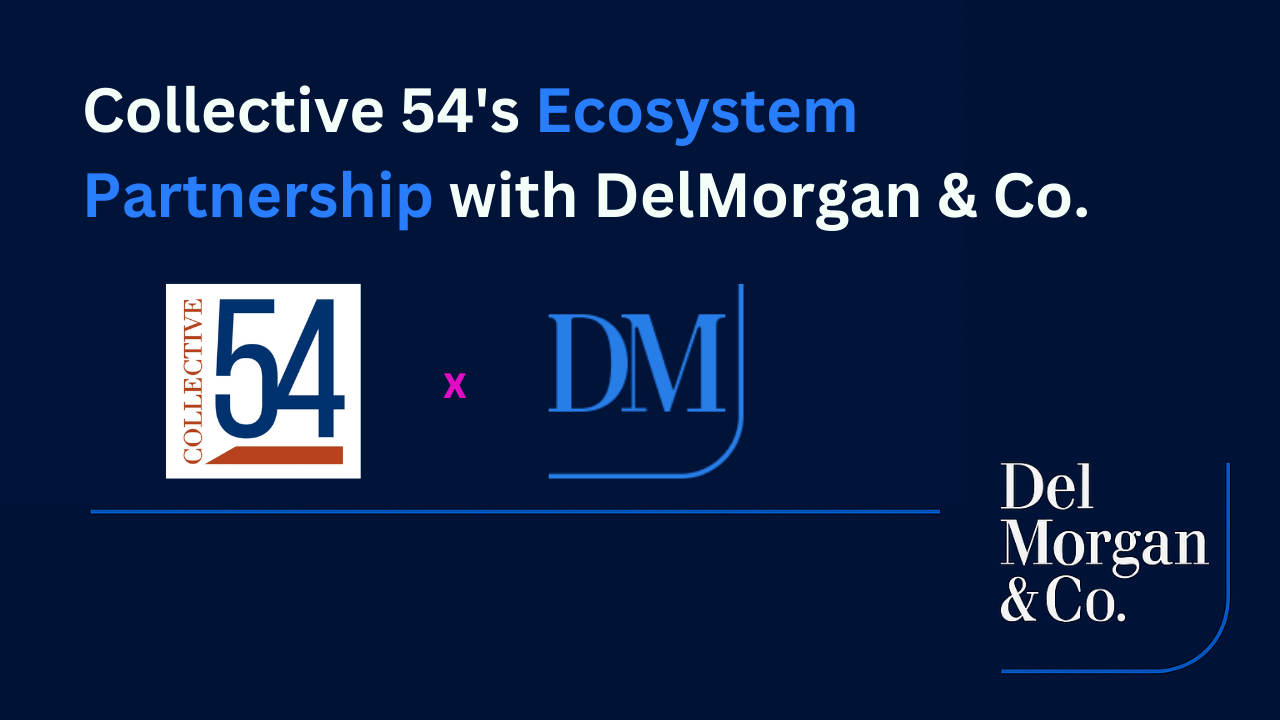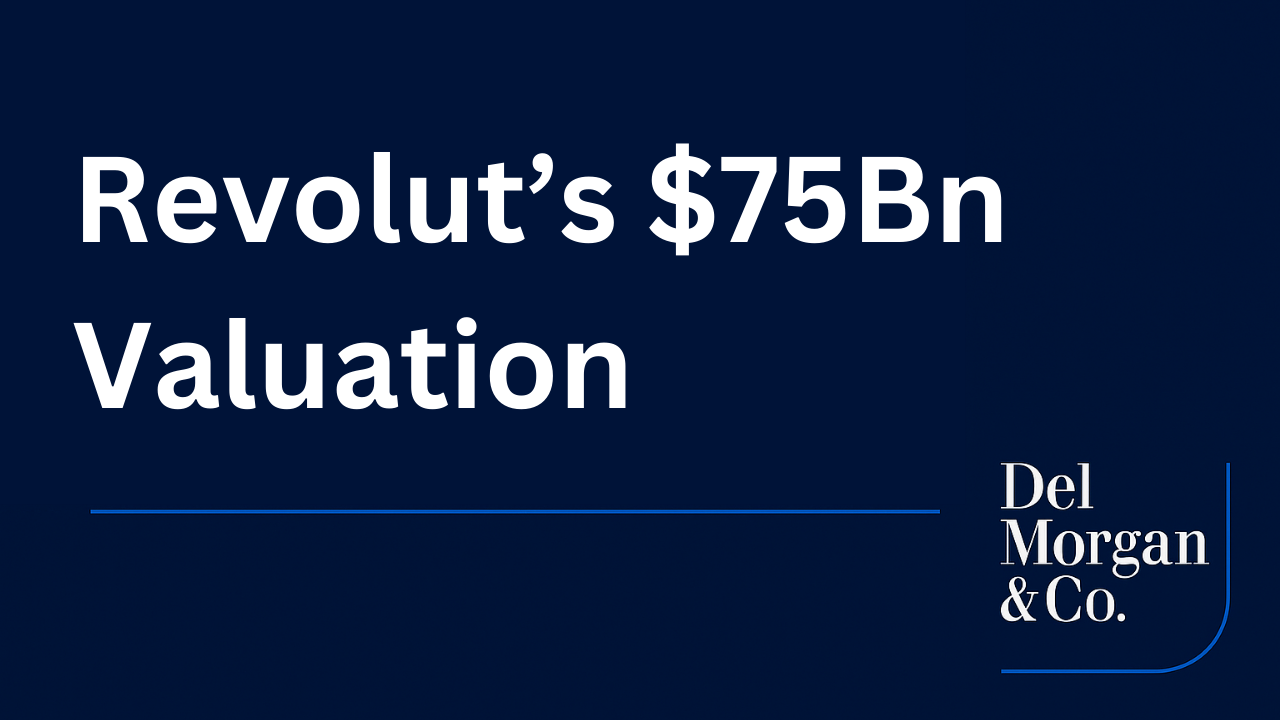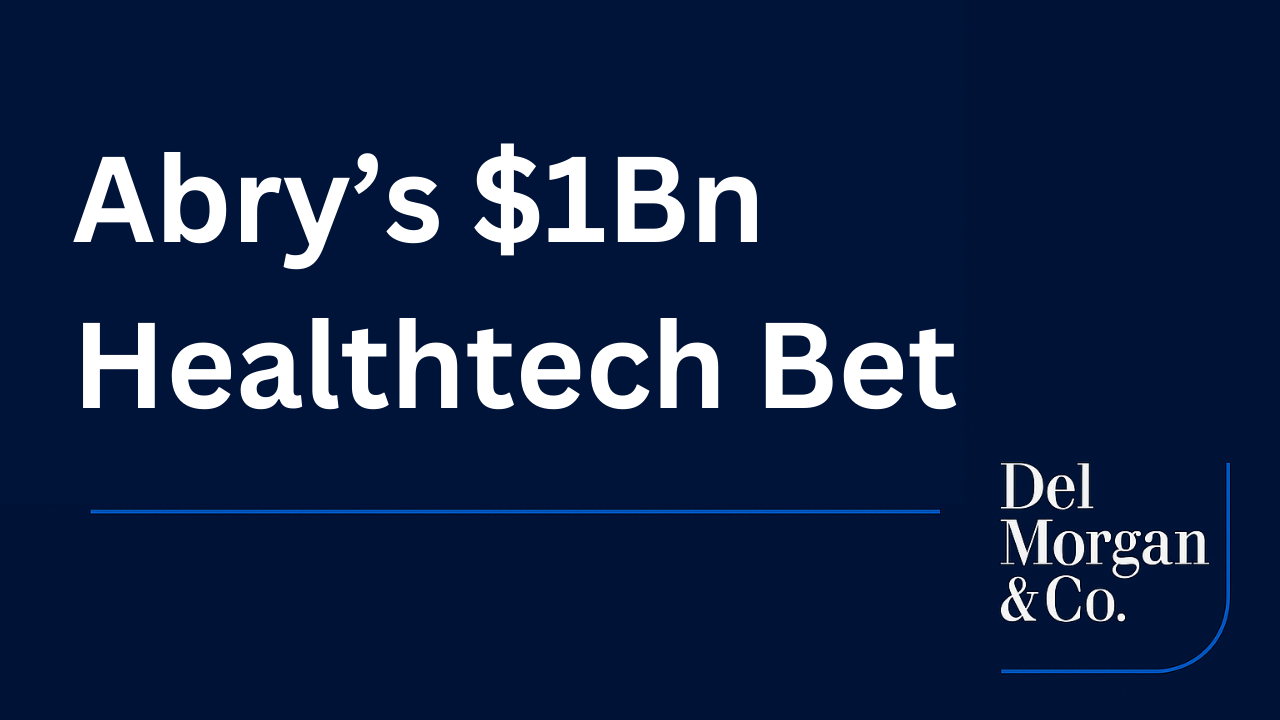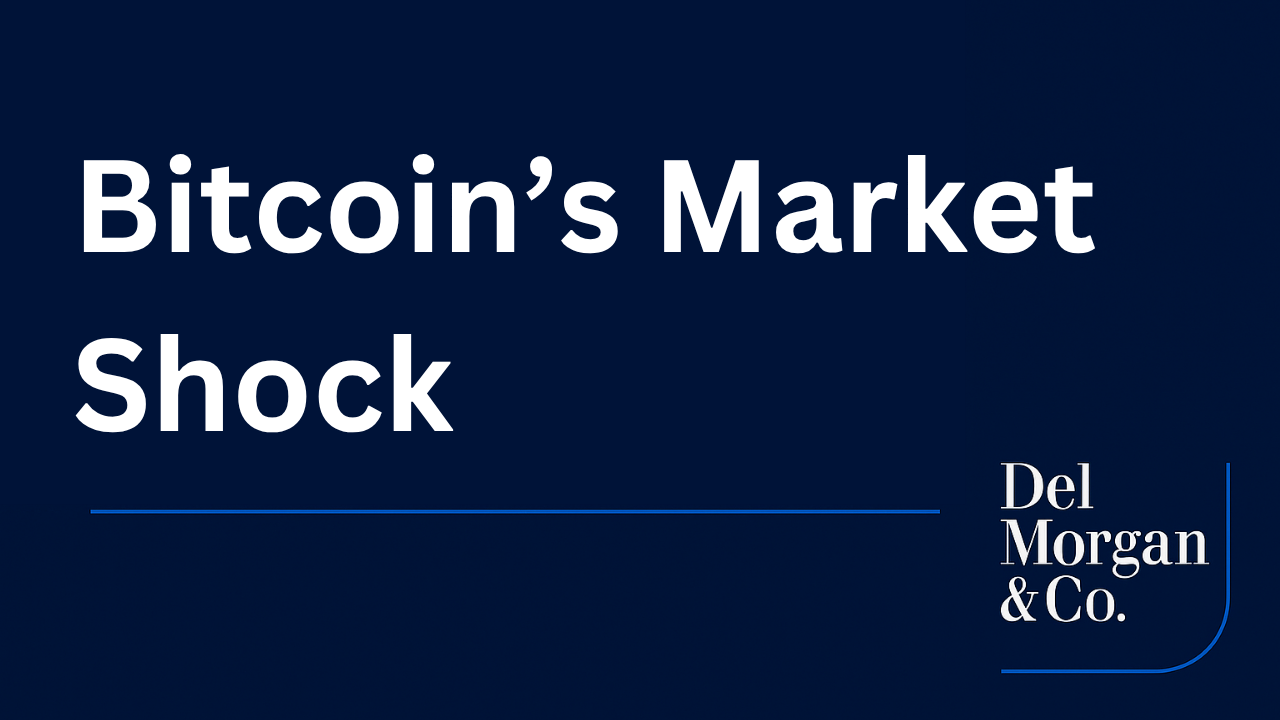The announcement that Permira has agreed to acquire JTC plc represents a significant development in the global fund-services and technology-enabled corporate-services landscape. With the deal valuing JTC at approximately £2.7 billion, including debt, this transaction marks a pivotal moment for the sector. In this article we examine not only the deal itself but also its implications for the broader tech sector, particularly around digital transformation of fund-administration services, artificial-intelligence adoption and M&A momentum in adjacent technology-enabled services.
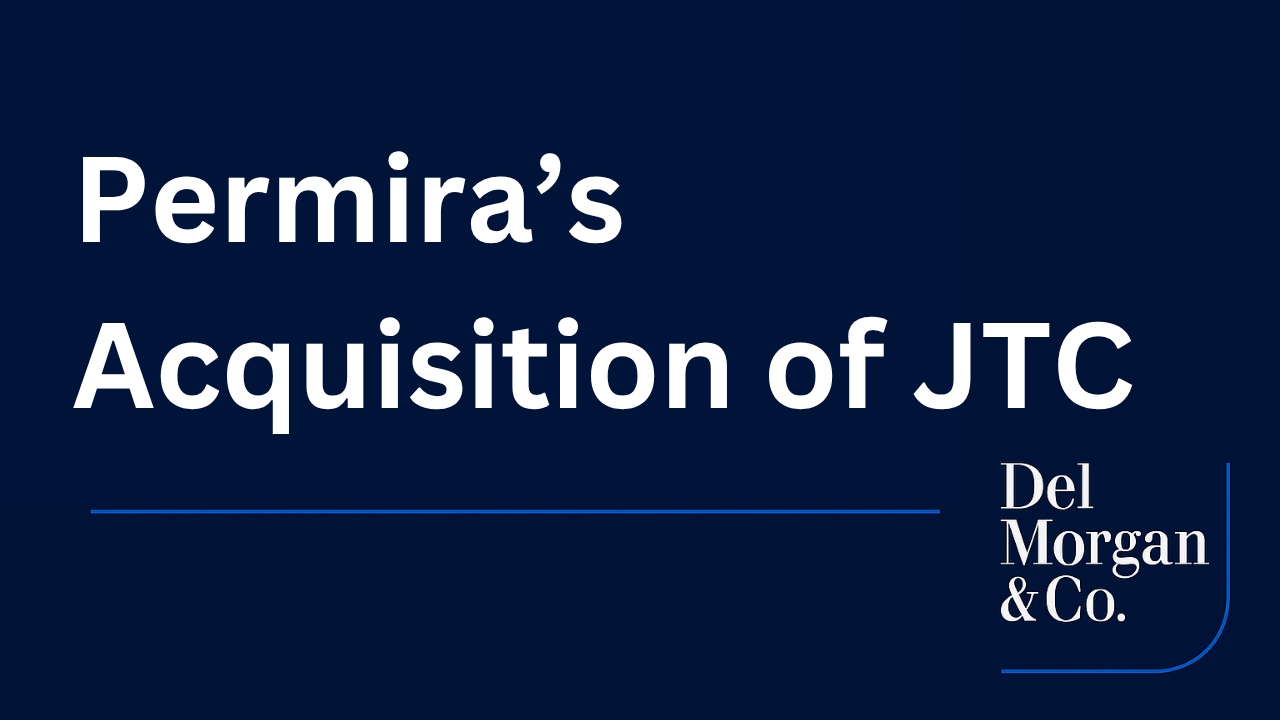
Deal Overview and Strategic Rationale
Permira, a global private equity firm, is acquiring JTC in a recommended cash offer for all issued and to-be-issued ordinary share capital of JTC. The offer is said to represent roughly a 49.4 percent premium relative to JTC’s closing share price prior to the approach. The acquisition is backed by the Canada Pension Plan Investment Board and reflects Permira’s thematic focus on core sectors including technology and services. JTC, headquartered in Jersey and operating globally in fund administration, corporate trust and fiduciary services, reported strong performance metrics recently — for example revenue growth and increased EBITDA.
From a strategic perspective, this transaction aligns with four key drivers: first, the growing outsourcing and digitalisation of fund-administration and corporate-services workflows; second, consolidation in the fund services market, where scale and technology investment are increasingly critical; third, the desire to invest in adjacent technology platforms (including AI, workflow automation, data analytics) that sit behind fund services; and fourth, the opportunity to accelerate JTC’s growth ambitions via M&A, leveraging Permira’s capital and thematic expertise.
Impact on the Tech Sector: Digitalisation and Automation
One of the primary implications of this deal for the tech sector lies in the acceleration of digital transformation across fund-services and corporate-services firms. JTC has itself underscored that going private under Permira will “enable faster growth and allow greater investment in technology and artificial intelligence.” As firms such as JTC scale up their platforms, demand for technology such as AI-driven process automation, cloud-based fund-administration systems, cybersecurity and data analytics will increase.
This will create a ripple effect across the tech ecosystem. Software vendors specialising in fund-administration workflow tools, data-management platforms and regulatory-tech solutions may find expanded opportunities as JTC and similar firms seek to upgrade their infrastructure. Moreover, the competitive pressure to deploy efficient tech stacks will elevate the pace of innovation and may drive mergers, partnerships and start-up investment focused on fintech and “fund-services-tech” niches.
From an investment-attractiveness perspective, the deal signals that technology-enabled business services are viewed as not only scalable but also attractive for private equity. That may increase allocations into tech service-platforms, encouraging venture-capital and growth‐capital funding of firms whose offerings align with the digitalization push. In turn this means tech companies enabling fund administration, trust services, workflow orchestration and AI-driven analytics may see greater strategic interest.
Effects on M&A Activity and Platform Strategy
The acquisition of JTC by Permira also underscores the heightened M&A environment in the service-technology interface. By acquiring an established fund-services platform and then investing in technology to scale it, private equity firms are leveraging “buy & build” strategies with a technology uplift component. This dynamic will encourage tech firms serving such platforms to align their growth strategies with consolidation trends.
Within the technology sector this could prompt a wave of strategic acquisitions as service-providers integrate tech platforms to capture more of the value chain. Firms that offer complementary services—such as trust-services, regulatory-technology, alternative-asset-administration software—may become targets or acquirers. The momentum around consolidation means that tech companies with fund-services domain expertise may become more attractive for partnerships with PE-backed service platforms.
For the broader tech sector the ripple effect includes increased competition for talent in the intersection of finance, operations and technology. As platforms like JTC invest in AI and automation, tech talent will gravitate to companies that service these transformations. This will reinforce a virtuous cycle of growth in fintech, reg tech h and service-automation sectors.
Competitive Pressures and Innovation Imperatives
This deal raises the bar for innovation in the tech sector serving finance and services. As larger platforms grow through capital injection and M&A, smaller tech vendors face competitive pressure to either align with major platforms or differentiate via niche innovation. For instance firms offering advanced workflow automation or AI-infused analytics must deliver demonstrable value in cost-reduction, operational resilience and client-reporting enhancement to keep pace.
In addition, the deal suggests that technology investments are now a core part of service-platform value creation. Rather than being peripheral, investments in digital infrastructure, data-capabilities and AI are seen as central to scaling and differentiation. Tech firms that previously treated themselves as adjunct suppliers may now reposition themselves as strategic partners to platforms that integrate service-delivery, data-management and client-experience under one roof.
The broader consequence is that service-platforms will become increasingly tech-native, thereby raising expectations across the tech ecosystem. Tech firms must therefore raise their innovation game, demonstrate scalability, embed regulatory-compliance features and integrate with broader service-platform ecosystems to succeed.
Implications for Investment and Capital Flows in Tech
From a capital-markets and investment-perspective the Permira-JTC deal sends a signal that technology-enhanced service-platforms are high-value acquisition targets. This may influence investor appetite for tech firms with clear platform strategies and service‐tech integrations. Venture and growth-capital firms may increasingly target tech start-ups that cater to fund administration, corporate-services automation digital trust and asset-administration technologies.
Furthermore as private equity deploys capital into these platforms, tech vendors supporting them may find more exit-opportunities, strategic investment or consolidation. The increased capital flows into tech underpinning service platforms may also drive valuations upward for tech companies that align with this thematic. On a macro level the deal illustrates a broader trend of technology becoming embedded across traditionally non-tech sectors and thus broadening the addressable market for tech innovation beyond pure SaaS or enterprise-software models.
In practical terms technology companies that serve fund-administration and corporate-services markets will likely benefit from higher budgets, accelerated sales cycles and increased willingness from platforms to co-invest in innovation. That dynamic in turn may drive faster adoption of cloud, AI, analytics and workflow‐orchestration technologies in the sector.
Challenges and Risks for Technology Stakeholders
Despite the positive signals there are important considerations and risks for technology stakeholders. First, integration risk: as service-platforms scale and acquire, they must integrate disparate technologies, legacy systems and operate across geographies. Tech firms aligning with them must be prepared for complexity. Second, regulatory risk: fund-administration and trust-services sectors operate under regulatory regimes that demand data security, compliance and auditability. Tech firms must ensure their solutions meet high standards. Third, competition risk: as larger platforms gain scale and invest heavily in tech, smaller vendors may struggle to compete unless they carve out distinctive offerings or partner effectively. Lastly, return-on-investment risk: technology investments may require significant upfront cost and time before benefits accrue; service-platforms will expect measurable gains in efficiency and growth, placing pressure on tech-vendors to deliver.
For the tech sector this means that while the opportunity is substantial, execution will matter. Firms must not only offer technically proficient solutions but also demonstrate domain-expertise in service-platform workflows, regulatory frameworks and client operations.
Conclusion
The Permira acquisition of JTC marks a landmark transaction in the convergence of service-platforms, fund administration and technology. For the tech sector the implications are multifaceted: accelerated digitalization and automation across fund services, heightened M&A activity that opens opportunities for tech vendors, increased investment flows into technology that supports service platforms, and elevated standards for innovation and compliance. At the same time tech firms must navigate integration complexity, regulatory demands and competitive pressures. As service platforms embrace technology as a core value driver rather than a cost function the market landscape shifts. Technology companies that recognize this shift, align strategically with service-platforms and deliver scalable, compliant, integrated solutions stand to benefit. In this evolving ecosystem the Permira-JTC deal may be viewed as a catalyst for next-generation service-platform technology and a signal to tech stakeholders that the lines between finance, services and technology are increasingly blurred.
About DelMorgan & Co. (delmorganco.com)
With over $300 billion of successful transactions in over 80 countries, DelMorgan‘s Investment Banking professionals have worked on some of the most challenging, most rewarding and highest profile transactions in the U.S. and around the globe. DelMorgan specializes in capital raising and M&A advisor services for companies across all industries and is recognized as one of the leading investment banking practices in Los Angeles, California and globally.
Learn more about DelMorgan’s Capabilities, Transactions, and why DelMorgan is ranked as the #1 Investment Bank in Los Angeles and #2 in California by Axial.
